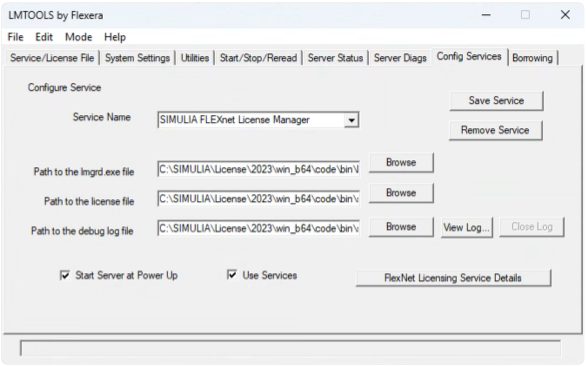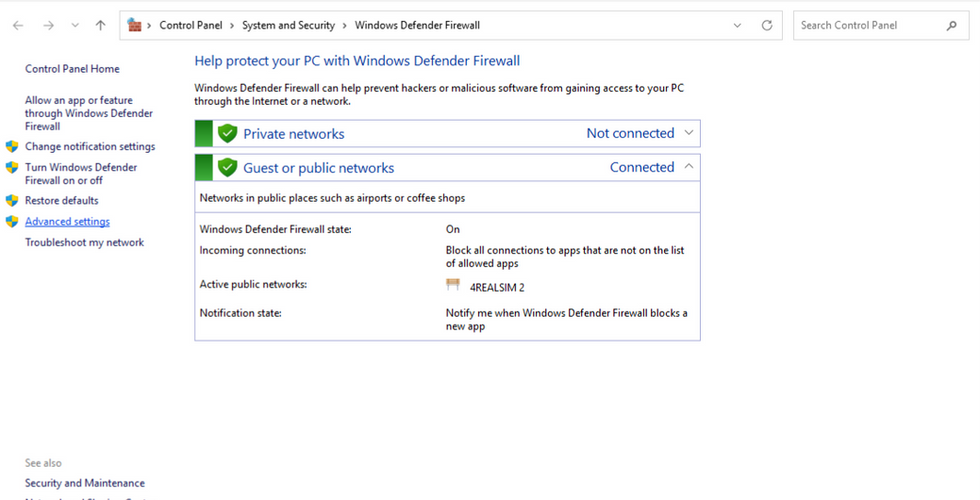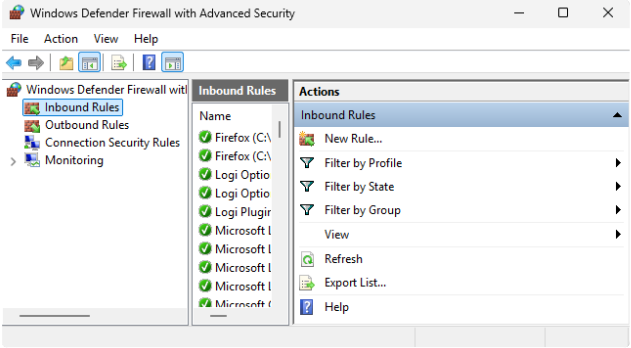Fixing FLEXnet License Errors in Abaqus
- Aug 11, 2025
- 4 min read
Updated: Dec 3, 2025

To run Abaqus successfully, a valid license must be retrieved from a functioning license server. While setting up a license server is generally straightforward, engineers often encounter configuration or connectivity issues that block the checkout process. This guide outlines the most common FLEXnet licensing problems and how to resolve them efficiently.
Understanding FLEXnet Architecture and Port Usage
In a typical Abaqus FLEXnet setup, a central license server hosts the license file and distributes tokens to client machines. Communication occurs over two key ports:
lmgrd port (default: 27000) – handles initial contact with the license server
abaquslm port (default: 28000) – manages vendor-specific license operations
To ensure consistent behavior across reboots, both ports should be explicitly defined in the license file. Example syntax:
SERVER <hostname> <MAC_address> 27000
VENDOR ABAQUSLM PORT=28000 Avoid conflicts with other FLEXnet setups or local services, each port must be unique.


Abaqus Licensing Systems – FLEXnet Focus
Abaqus supports three licensing systems:
FLEXnet – most common, works with Flexera’s lmgrd and abaquslm daemons
DSLS – Dassault Systèmes License Server, tied to the 3DEXPERIENCE ecosystem
Managed DSLS – a cloud-hosted DSLS instance managed by Dassault
This article focuses on FLEXnet licensing only.
Specifying the License Server During Installation
For older Abaqus releases, a valid license server must be online during installation. For newer releases, it’s possible to skip this step and configure the license later.
During installation:
Use 'localhost' if the server is on the same machine
Use the hostname or IP address if the server is remote
If the license file specifies ports, these same values must be entered during install
If the license connection fails, select “Skip licensing configuration” and finalize it afterwards via the environment file.
Updating License Settings After Installation
To modify or define license server settings after installation, locate the Abaqus environment file (e.g., abaqus_v6.env or .env) and add the following lines:
LICENSE_SERVER_TYPE=flex
FLEX_LICENSE_FILE=27000@hostname Replace “hostname” with the name or IP of the server. If the license server is local, use “localhost”. If you don’t have permission to save the file in its original location, copy it elsewhere, edit it, then replace the original.
More information on environment file locations by version: https://www.4realsim.com/abaqus-license-settings-location/
Diagnosing Persistent FLEXnet License Problems
1. Check That the License Server is Running
On the server:
Open FLEXnet Licensing Utilities
Navigate to the “Server Status” tab and click “Perform Status Enquiry”
Confirm that the server is reported as “UP” and that license tokens are available
If not:
Go to the “Start/Stop/Reread” tab and click “Start Server”
In the “Config Services” tab, check the paths for lmgrd.exe, the license file, and the debug log
Apply changes and reread the license file
Note: the license file is bound to the server’s MAC address. If the server changes, a new license file must be generated for the new MAC.
2. Verify the Server MAC Address
Make sure the MAC address in the license file matches that of the actual server.
On Windows: run the command “ipconfig /all” and look for the Physical Address of the active Ethernet adapter
On Linux: run “ifconfig” or “ip addr” and find the HWaddr (or ether) field of the relevant interface

3. Test Network Connectivity to License Ports
On the client machine, test the connection to both ports using:
telnet <server_name_or_ip> 27000
telnet <server_name_or_ip> 28000 If telnet is not available in Windows, enable it via "Turn Windows features on or off" and activate the “Telnet Client” feature.
If the connection is successful, the terminal will remain open. If it fails, you will see a “Could not open connection” message.

4. Resolve Hostname Resolution Issues
If telnet fails when using the hostname:
Try using the server’s IP address instead
Use the fully qualified domain name (FQDN) if applicable
Modify the environment file or license file to reference the server using its IP
5. Configure Firewall Access
Make sure the machine running Abaqus has both required ports open in the firewall.
On Windows Defender Firewall:
Open “Advanced Settings”
Go to “Inbound Rules” > “New Rule”
Choose “Port”, select “TCP”, and enter the required ports (27000 and 28000)
Allow the connection, apply it to Domain/Private/Public networks as needed
Name the rule clearly, such as “FLEXnet Abaqus Ports”
If issues persist, temporarily disable the firewall to determine whether it is the source of the problem.

Need Help Resolving FLEXnet License Issues?
Whether you're facing port conflicts, license file errors, firewall blocks, or general configuration problems, our team is here to support you. We can help you get your license server up and running reliably and assist with any troubleshooting needed along the way. Reach out via the contact form or email us at marketing@4realsim.com for expert guidance in the Benelux, Ireland, or the UK.
























Comments